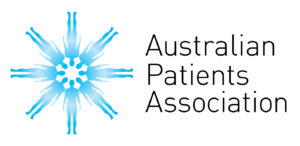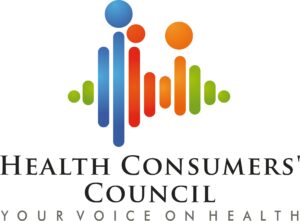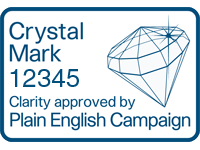Publication Agreements and Endorsements
EIDO has a publication agreement with the Royal Australasian College of Surgeons and the College logo is displayed on EIDO's fact sheets.

The Royal Australasian College of Surgeons, formed in 1927, is a non-profit organisation training surgeons and maintaining surgical standards in Australia and New Zealand. The College’s purpose is to be the unifying force for surgery in Australia and New Zealand, with FRACS standing for excellence in surgical care. EIDO’s agreement with the College commenced at the beginning of 2008. The patient information sheets are also exclusively endorsed by the Association of Surgeons of Great Britain and Ireland (ASGBI), Royal College of Surgeons of England (RCSEng), Royal College of Surgeons of Edinburgh (RCSEd), Royal College of Ophthalmologists (RCOphth), British Association of Paediatric Surgeons (BAPS) and British Association of Day Surgery (BADS).
![]()
The Australian & New Zealand Society of Cardiac & Thoracic Surgeons (ANZSCTS) has also teamed up with EIDO Healthcare Australia to promote patient consent and communication through the endorsement of EIDO’s cardiothoracic fact sheets and a bronchoscopy animation in EIDO’s digital library of patient information resources. Aubrey Almeida, President of the Australian & New Zealand Society of Cardiac & Thoracic Surgeons, said,
“Most surgeons and hospitals provide patients with information sheets to explain what treatment is proposed, but evidence and guidelines can change frequently. By taking away the worry of maintaining revisions and providing a consistent and clear writing style the EIDO leaflets save time, reduce medico-legal risks and ensure that patients are aware of the risks and benefits of surgery. It is for these reasons we are happy to endorse EIDO’s cardiothoracic information sheets.”


